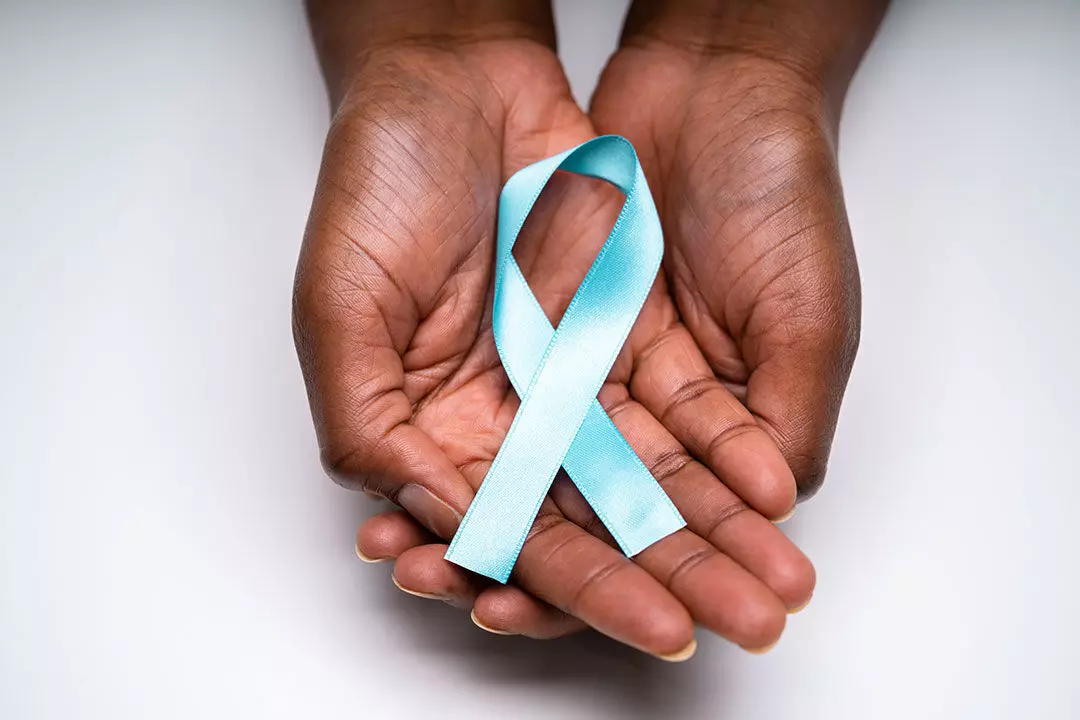Cervical cancer kills 75,000 Indian women annually; curable with timely screening, early treatment
With vaccination administered to women, before sexual initiation, the disease is more or less preventable.
By Sulogna Mehta
Representational Image.
Hyderabad: Just before World Cancer Day on February 4, a lot of awareness was created over cervical cancer, when actor-model Poonam Pandey faked her death and her team announced her death by cervical cancer on social media.
Thousands of her followers and fans, who had never heard of cervical cancer and had no awareness about the disease, showed curiosity and interest to find out more about the disease, caused by Human Papilloma Virus (HPV).
Almost preventable with vaccination
According to doctors, carcinoma of the cervix, which is the second highest cause of cancer in women after breast cancer, kills nearly 75,000 women in India annually. Every year, an estimated 1.2 lakh women develop this slow-growing cervical cancer and nearly 65 per cent of these patients die in India. However, with vaccination administered to women, before sexual initiation, the disease is more or less preventable.
Recently, during the interim budget, finance minister Nirmala Sitharaman stated that to prevent cervical cancer, the government plans to encourage the usage of HPV vaccination for girls aged 9 to 14 years. Currently, the made-in-India HPV vaccine Cervavac is available in private medical set-ups for Rs 4,000 for two doses.
WHO’s global strategy to eliminate cervical cancer
The World Health Organisation (WHO) has given a global strategy to eliminate cervical cancer by setting targets for 2030: fully vaccinating 90 per cent of girls by 15 years of age, screening 70 per cent of women with an effective test like HPV test by 35 years of age and again by 45, and ensuring treatment of 90 per cent of precancerous and cancerous lesions.
Former president of the Federation of Obstetric and Gynaecological Societies of India (FOGSI) Dr Shantha Kumari said, “For screening colposcopy and PAP smear tests are done in the pre-invasive stages. However, only screening is not adequate and immunisation with vaccine is highly effective to reduce the impact of cancers caused by HPV. HPV vaccine can be taken from the age of nine or ten years till 45 years, preferably before the first sexual intercourse.”
Symptoms of cervical cancer
- Heavy and intermittent menstrual bleeding
- Sudden vaginal bleeding years after menopause
- Bleeding plus pain after intercourse
- Abnormal vaginal discharge
- Pain in the lower back or the pelvic region
- Unusual weight loss
Scottish study shows efficacy of vaccine
A study published in the Journal of the National Cancer Institute (JNCI) in January-end, stated the efficacy of the Cervarix vaccine, a bivalent vaccine, in safeguarding women against cervical cancer when administered at ages 12 to 13 years.
The study was led by Timothy J Palmer, Scottish clinical lead for Cervical Screening at Public Health Scotland and the study was funded by Public Health Scotland.
Cervical cancer is the fourth most common cancer among women worldwide. Programmes to provide Cervarix began in the United Kingdom in 2007. After the initiation of the programmes, administering the vaccine became part of routine care for girls starting at the age of 12 years.